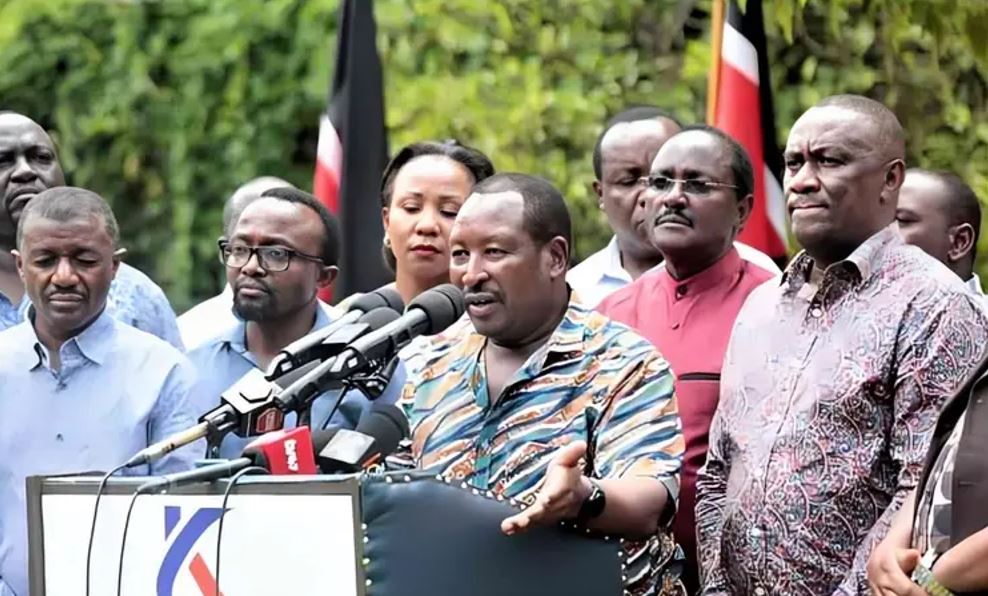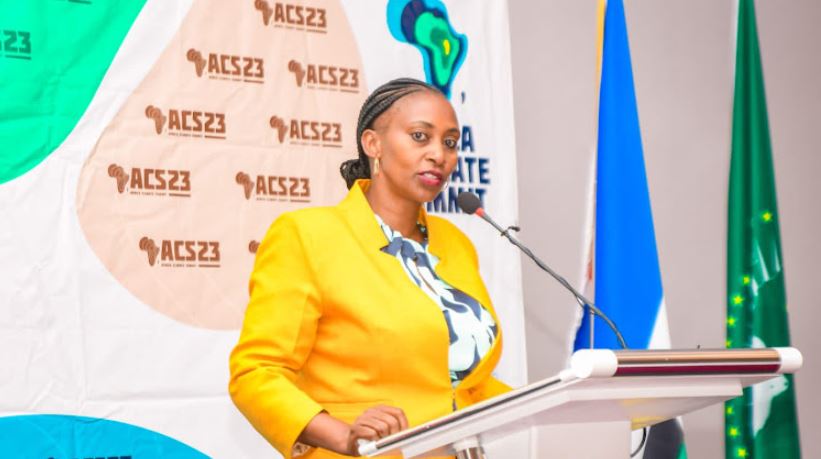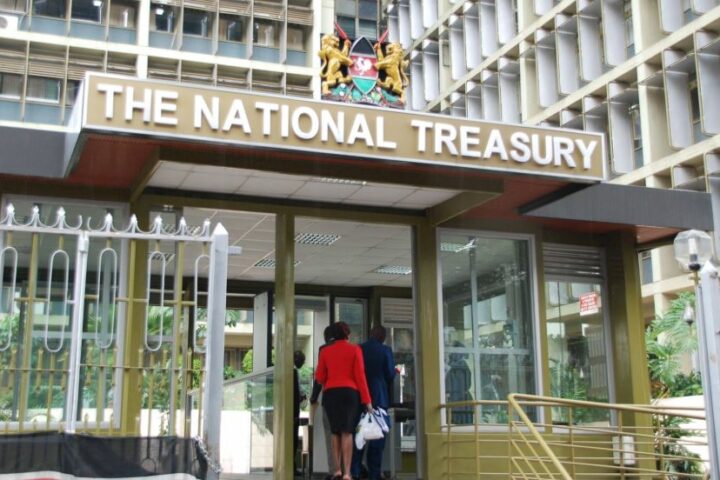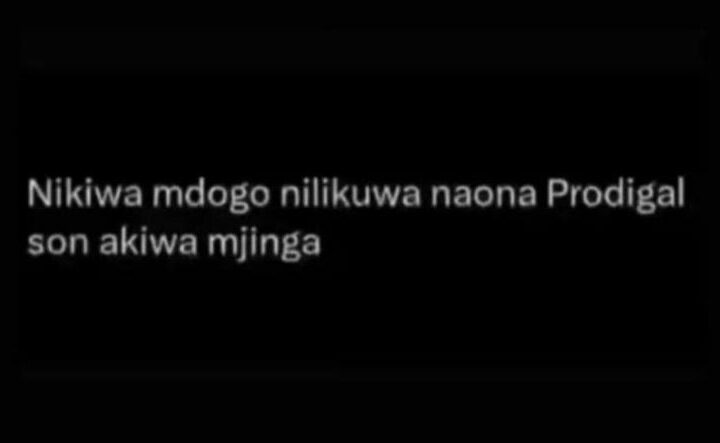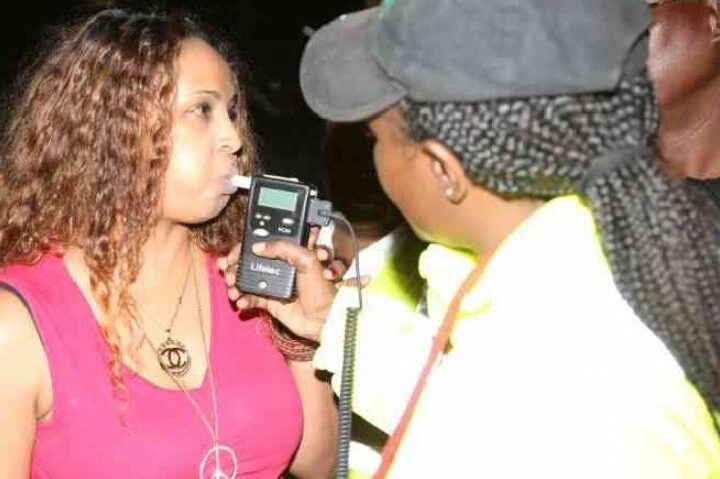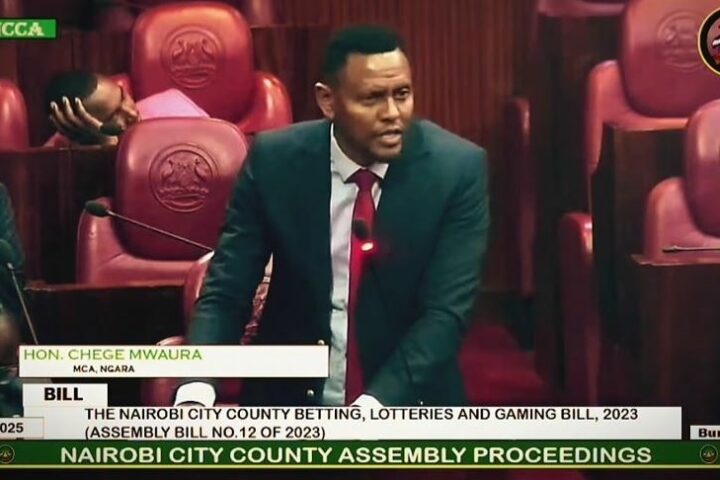 The East African Court of Justice (EACJ) has faulted Kenya’s Supreme Court for procedural violations in the impeachment case of former Nairobi Governor Mike Mbuvi Sonko.
The East African Court of Justice (EACJ) has faulted Kenya’s Supreme Court for procedural violations in the impeachment case of former Nairobi Governor Mike Mbuvi Sonko.
In its ruling on November 29, 2024, the EACJ raised concerns about the fairness of the impeachment process and the Supreme Court’s adherence to the rule of law.
The court found merit in Sonko’s claim that his constitutional right to a fair trial had been violated during the impeachment proceedings. It pointed out potential breaches of Article 25 of the Kenyan Constitution, which guarantees the right to a fair trial, as well as Articles 6 and 7 of the East African Community (EAC) Treaty, which promote good governance, the rule of law, and justice among member states.
Although the EACJ did not overturn the Supreme Court’s decision, it criticized the procedural flaws that undermined the credibility of Sonko’s impeachment.
Specifically, the court noted that the lifetime ban preventing Sonko from holding public office caused irreparable harm to his political career and reputation. The EACJ emphasized that such a severe penalty required an indisputable demonstration of fairness and transparency throughout the impeachment process.
“Such harm cannot be adequately remedied by damages or any other form of post-facto relief. The impact on his political rights, reputation, and capacity to engage in public service underscores the irreparable nature of the harm he faces,” the ruling stated.
The EACJ also recognized the evidence presented by Sonko’s legal team, which included allegations of procedural violations during the Supreme Court proceedings. The court agreed that these claims were substantial, emphasizing the need to address such issues to maintain justice in the region.
“The Applicant has established that there is a cause of action that depicts substance and reality. His allegations of procedural irregularities and denial of a fair trial are substantiated by evidence, including admissions by the Supreme Court of Kenya of its procedural errors. The Applicant has demonstrated that the Supreme Court could have failed to adhere to its own procedural rules, which, if proven, would violate Article 25 of the Constitution of Kenya and Articles 6 and 7 of the Treaty. This Court recognizes that the questions raised in the Reference are serious and merit a full hearing on their substance,” the ruling stated.
In its judgment, the EACJ ruled that the Supreme Court, as a state organ, is bound by the obligations under the East African Community Treaty and must act in good faith to uphold these principles.
“Every treaty in force is binding upon the parties to it and must be performed by them in good faith. These principles affirm that the SCOK, as an organ of the State represented by the Respondent in this case, is bound by the Partner State’s obligations under the Treaty and must act in good faith to uphold them. Ultimately, the Court has jurisdiction to assess a Partner State’s actions to determine compliance, including state organs such as the SCOK,” the ruling stated.
Additionally, the EACJ granted Sonko permission to amend and serve a revised reference, incorporating new evidence from the Kenyan Supreme Court proceedings. This will allow for a more detailed examination of the case, as the court continues to assess the fairness of the impeachment process.
